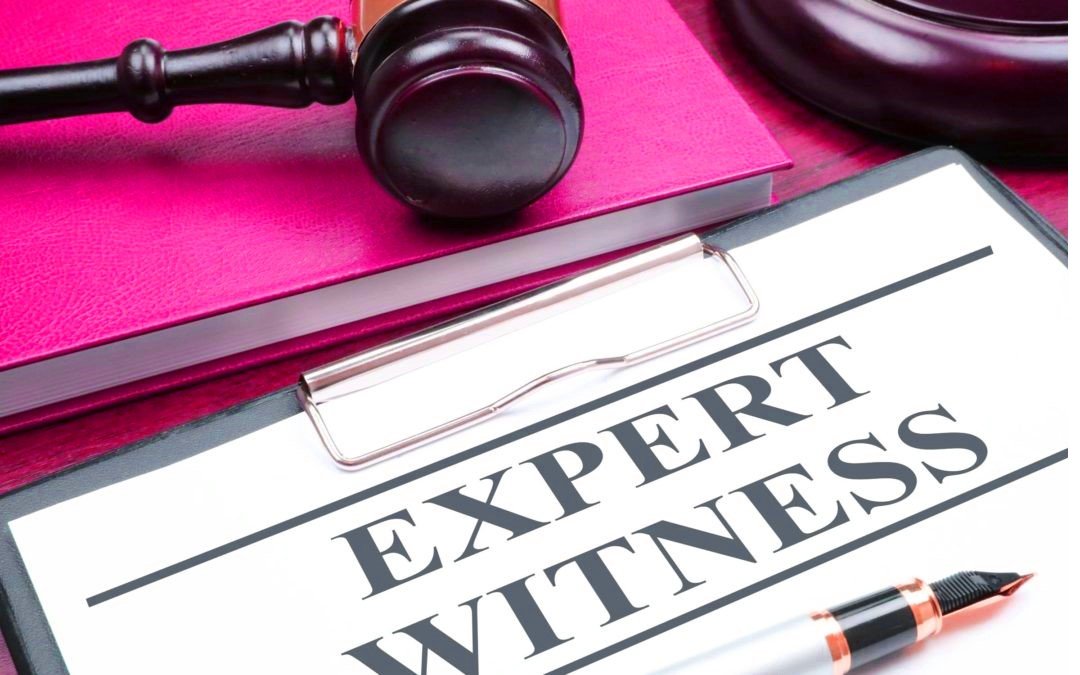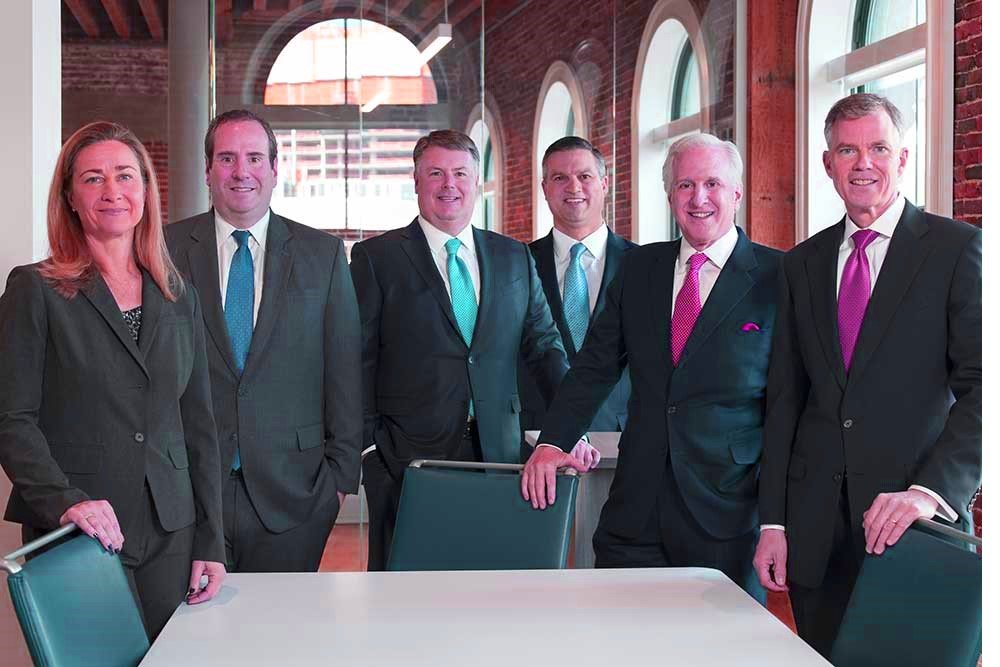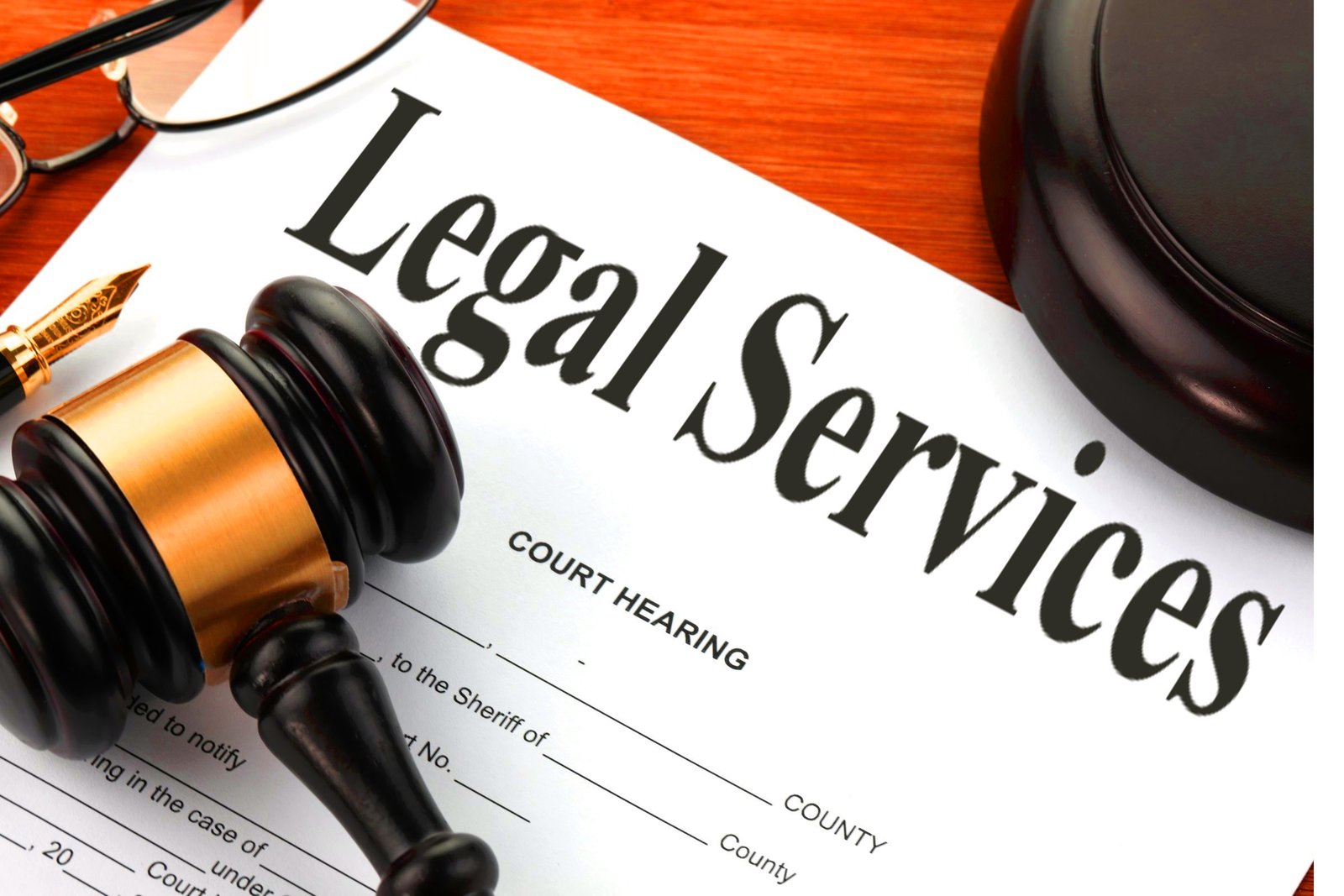Understanding the Role of Expert Witnesses in Court

Expert witnesses play a pivotal role in the legal system, offering specialized knowledge that helps courts and juries understand complex issues. In this article, we’ll delve into the qualifications, selection process, and the multifaceted role of expert witnesses in court proceedings.
Qualifications of Expert Witnesses
Educational Background Expert witnesses are typically required to have extensive education in their field, ensuring a solid foundation for their opinions.
Professional Experience Years of practical experience contribute significantly to the credibility of an expert witness, demonstrating a deep understanding of real-world applications.
Certification and Licensing Legal requirements often mandate that expert witnesses hold specific certifications or licenses relevant to their expertise.
Selection Process for Expert Witnesses
Criteria for Choosing an Expert Witness Lawyers consider factors such as expertise, experience, and the ability to communicate effectively when selecting an expert witness.
Legal Requirements Certain legal standards must be met to qualify an individual as an expert witness, ensuring their opinions meet admissibility criteria.
The Role of Expert Witnesses in Court
Providing Expert Opinions Expert witnesses offer professional opinions on technical, scientific, or specialized subjects, aiding the court in making informed decisions.
Clarifying Complex Issues Their role extends to simplifying intricate topics, making it comprehensible for judges and juries with non-specialized backgrounds.
Educating the Jury Expert witnesses often serve as educators, breaking down complex concepts to ensure the jury can grasp essential details.
Challenges Faced by Expert Witnesses
Cross-Examination Expert witnesses may face intense scrutiny during cross-examination, challenging the reliability and validity of their opinions.
Credibility Issues Maintaining credibility is crucial, as any perceived bias or lack of reliability can undermine the impact of their testimony.
Real-Life Examples of Expert Witnesses’ Impact
Landmark Cases Historical cases have been shaped significantly by the testimony of expert witnesses, influencing legal precedents.
Notable Testimonies Individual experts have left an indelible mark with their testimonies, altering the course of legal proceedings.
Read More: Protecting Cultural Heritage and Artists Through Art Law
Ethical Considerations for Expert Witnesses
Duty to the Court Expert witnesses have a fundamental duty to provide impartial, honest opinions, ensuring the court receives accurate information.
Avoiding Bias Remaining unbiased is essential, as any semblance of partiality can compromise the integrity of the legal process.
Trends in the Use of Expert Witnesses
Technological Advancements Advances in technology have expanded the scope of expertise, introducing new opportunities and challenges for expert witnesses.
Evolving Legal Standards Changes in legal standards continually reshape how expert witnesses are utilized and evaluated in court.
Cost Implications of Expert Witnesses
Fees and Expenses Engaging expert witnesses involves costs, and lawyers must weigh these expenses against the potential value they bring to a case.
Value vs. Cost Analysis Understanding the value of expert testimony relative to its cost is crucial for making informed decisions in legal proceedings.
Tips for Lawyers Engaging Expert Witnesses
Thorough Vetting Careful vetting of expert witnesses is essential, ensuring they meet all criteria and possess the necessary qualifications.
Effective Communication Clear communication between lawyers and expert witnesses enhances the impact of their testimony in court.
The Future of Expert Witnesses
Changing Legal Landscape As the legal landscape evolves, so does the role of expert witnesses, adapting to meet the demands of contemporary legal challenges.
Emerging Specializations New areas of expertise are continually emerging, reflecting the dynamic nature of the legal field and requiring experts to stay abreast of developments.
Read More: Corporate Social Responsibility and the Law
Conclusion
In conclusion, expert witnesses are indispensable in providing specialized knowledge to the legal system. Their role goes beyond offering opinions; they contribute significantly to the clarity and fairness of court proceedings. As legal standards evolve, so too will the significance of expert witnesses in shaping the outcome of cases.
FAQs
What qualifications make a person an expert witness?
Expert witnesses typically have advanced education, professional experience, and relevant certifications.
How does cross-examination affect the credibility of an expert witness?
Cross-examination can challenge the reliability of an expert witness, emphasizing the importance of their preparation and credibility.
Are there restrictions on the types of cases where expert witnesses can be called?
Legal requirements vary, but generally, expert witnesses can be called in cases involving technical or specialized subjects.
How do technological advancements impact the role of expert witnesses?
Technology expands the scope of expertise, presenting both opportunities and challenges for expert witnesses.
What ethical guidelines do expert witnesses follow?
Expert witnesses have a duty to the court, requiring impartiality and honesty in providing their professional opinions.










